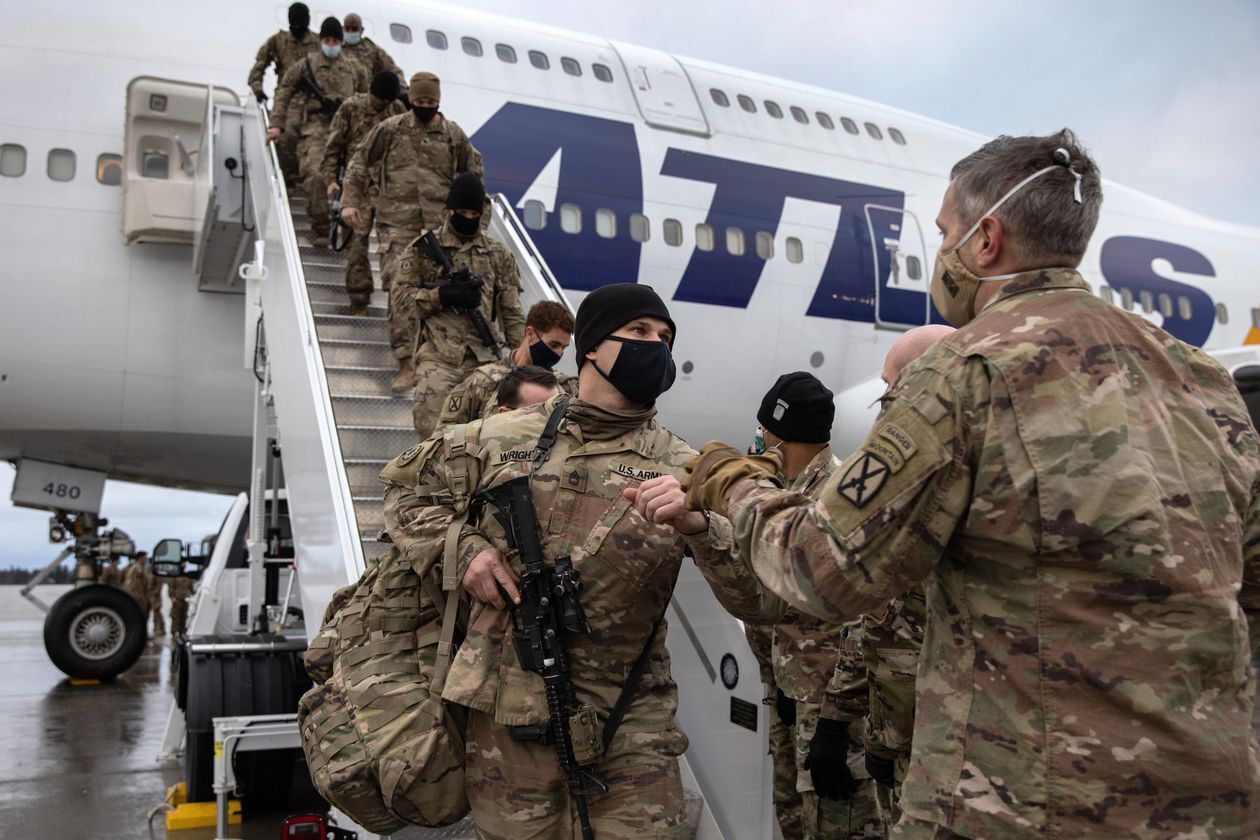Pirmohammad Mollazehi told the Strategic Council on Foreign Relations that the United States has not made any change in its policy in Afghanistan, referring to the recent remarks by the US officials on delaying the withdrawal of American forces from Afghanistan.
He said that the agreement signed between the Trump administration and the Taliban had two sections.
“The confidential section was not released. The other section had to parts: the United States would withdraw its forces from Afghanistan and the Taliban would in return commit themselves not to supporting and stationing radical Islamist groups in Afghanistan to act against the interests of the United States and its allies.”
He added that the confidential part may have proposed that American forces would continue their presence in two military bases in Bagram and Shindand in an agreement with the Taliban as they have heavily invested in equipping those two military bases.
“Americans would continue their military presence in Afghanistan not to lose it to their rivals like what happened in Iraq. As Joe Biden said in the Munich Security Conference, the United States feels committed to its coalition with the NATO and that the US would not allow Daesh to reinforce in Afghanistan and that the United States is examining the status of its forces across the world.”
The United States will not repeat its Iraq mistakes in Afghanistan
This analyst of Afghanistan affairs said US Special Envoy Khalilzad has probably reached an agreement with the Taliban to maintain and keep these two military bases with about 1,500 forces.
“The US strategy in Afghanistan and the whole world is a long term strategy which will not change with the replacement of a president in the White House. The new US president can make some changes at the tactical level; however, the US general strategy remains clear all across the world.”
Asked about the analysis of US behavior and its rivalry with China and the establishment of two blocks of power, Mollazehi said if the United States leave Afghanistan, Iran, Russia and China would be the normal winners of the scene.
“They {Americans} will not repeat the mistakes they did in Iraq. I think we will witness the convergence of the United States with Europe and NATO on Afghanistan.”
Ethnic groups would not go once again under the influence of the Taliban, he said, referring to the probability of the intensification of violence in the light of the continuation of the presence of the United States in Afghanistan.
“The issue of the continuation of violence in Afghanistan is a complicated issue. It is true that the Taliban have entered the so-called negotiations with the United States and have even reached an understanding. However, the Taliban have failed to conclude an agreement and reach understanding with the central government. Issues raised by the Taliban are very complicated. For example, in Moscow they said the Afghan government should be deposed and an interim cabinet should be formed. Normally, other ethnic groups would not go under the influence of the Taliban again as they have gained concessions themselves.”
Asked about the level of flexibility by the Taliban, Mollazehi said the current trend indicates that the Taliban remain intent on establishing an Islamic emirate whenever possible. The Islamic emirate means they do not accept the constitution. Nor do they accept this government and the structure of power formed under the government.
Referring to the causes of the continuation of violence in Afghanistan, he said that the Taliban are ideologically and ethnically monopolists.
“Given these two features of the Taliban, it seems the issue of violence in Afghanistan is more complicated. The most important issue is that the Taliban should amend their stances and accept other groups as well. The Taliban need to complement the present structure of power which is centralized in Kabul and the federal government.”
Afghanistan in need of a federal system
He said a federal state should be established in Afghanistan so that non-Pashton tribes could exercise power in their own areas and also gain a share of power in the center so that if a new amendment is made to the constitution, it is guaranteed.
If this does not happen, Afghanistan may move towards the disintegration of land, he said.
Mollazehi added that “General Doostom, Shia groups and Afghanistan Islamic Society have separately announced that they will not accept Taliban’s full domination and they will instead take up arms. If we study these days the newspapers and private televisions of Afghanistan, we can see that they say it is to the expedience of Afghanistan to be disintegrated into two countries: Khorasan in the north and Pashtoonestan in the south.”
Taliban should show flexibility
He emphasized that these issues are very serious.
“It is not the case that conditions are for the Taliban to think they can simply take power and omit other groups like the past. The fact of the matter is that during the past 19 years, the Afghan society has changed in many areas such as the rights of women and freedom of the media. How can one resolve this contradiction of approach between a society which has changed and the Taliban that showed they are not prepared that much for change? Unless the Taliban show flexibility, there is no other solution.”
According to Mollazehi, the Taliban is ideologically under the influence of Saudi Arabia and politically and militarily and logistically dependent on Pakistan.
“There are two types of rivalry in Afghanistan. One is the Shia-Sunni ideological competition and the other is the political and military competition between India and Pakistan. Therefore, the issues are more complicated than they might seem.”










0 Comments